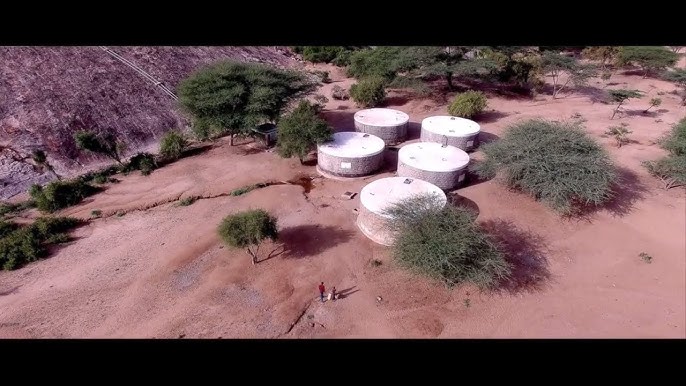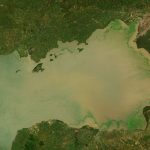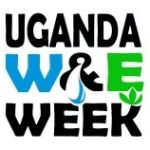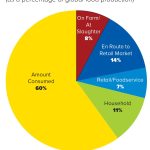
UGANDA WATER AND ENVIRONMENT WEEK 2025: REGENERATING RESILIENCE FOR A SUSTAINABLE FUTURE
BY ECONEWS ADMIN
UWEWK 2025: A PLATFORM FOR COLLABORATION AND ADVOCACY Uganda Water and Environment Week (UWEWK) is back for its 8th edition, taking place from March 17 to 21, 2025, under the theme: “WATER AND ENVIRONMENT RESOURCES FOR ENHANCED RESILIENCE AND IMPROVED INCOMES AND LIVELIHOODS.” Organized by the Ministry of Water and Environment through the Water Resources Institute (WRI), UWEWK has become a vital platform for advancing sustainable socioeconomic transformation in Uganda since its inception in 2018.
CONFRONTING CLIMATE CHALLENGES Similar to other water-focused events across Africa — such as South Africa’s National Water Week and the Nile Basin Development Forum — UWEWK fosters collaboration, advocacy, and knowledge-sharing among political leaders, local governments, and international stakeholders. The event will commemorate INTERNATIONAL FOREST DAY, WORLD WATER DAY, and WORLD METEOROLOGICAL DAY, further emphasizing the interconnectedness of global climate challenges.
UGANDA’S ENVIRONMENTAL PRESSURES Uganda is grappling with environmental pressures that demand urgent intervention. Climate change-induced erratic rainfall, prolonged droughts, rising temperatures, and deforestation are threatening livelihoods, especially in vulnerable regions like Karamoja and Bududa. The annual loss of 200,000 HECTARES OF FOREST and the degradation of water sources highlight the need for innovative approaches to safeguard natural resources.
DRIVING SOLUTIONS THROUGH INNOVATION To address these challenges, Uganda has made strides through initiatives like the NATIONAL CLIMATE ACTION PLAN and the NATIONALLY DETERMINED CONTRIBUTION (NDC), focusing on climate-smart agriculture, reforestation, and water management. However, there remains a pressing need to scale these solutions.
REGENERATE AFRICA: EMPOWERING COMMUNITIES Regenerate Africa is leading the charge with regenerative practices aimed at healing ecosystems and enhancing resilience. In Buikwe and Luwero districts, their ECOSYSTEM REGENERATION AND SUSTAINABILITY CENTRES provide hands-on training for local farmers, empowering communities — especially women and youth — with techniques like agroforestry, rotational grazing, and rainwater harvesting. These practices improve soil health, increase crop productivity, and conserve water, strengthening climate resilience.
Namutebi Sylvia, LC 2 Women Representative of Zzitwe Parish, shared the impact: “These sustainable practices have transformed our community. Our soil is healthier, crops more productive, and the water we have is used more efficiently. Women, like myself, have been empowered to lead the way in sustainable farming.”
GLOBAL ACTION FOR A LOCAL CRISIS The rising temperatures and extreme weather events Uganda faces are symptoms of a global climate crisis, requiring collective action. Regenerate Africa’s work in landscape restoration, wetland protection, and community-driven reforestation not only stabilizes microclimates but also enhances carbon sequestration and strengthens local economies.
PARTNERSHIPS FOR IMPACT Partnerships have been key to these efforts. Collaborations with organizations like WINE TO WATER have improved access to clean water in Buikwe District through the distribution of water filters, reducing the need for firewood to boil water, curbing deforestation, and empowering women and girls with more time for education and economic activities.
CALL TO ACTION: EMBRACING REGENERATIVE PRACTICES As Uganda prepares for UWEWK 2025, stakeholders must seize the opportunity to take bold steps toward sustainable environmental management. Ministries should integrate climate adaptation into national budgets, CSOs should amplify advocacy, and the private sector must invest in sustainable technologies. Academic institutions have a role to play too — advancing research and innovation to inform policy and practice.
The time to act is now. Regenerate Africa believes that by embedding regenerative practices into agriculture, water management, and forestry, Uganda can pave the way for a more sustainable and resilient future. UWEWK 2025 stands as a call to action — a chance to regenerate resilience and restore balance between PEOPLE, PLANET, AND PROSPERITY.



